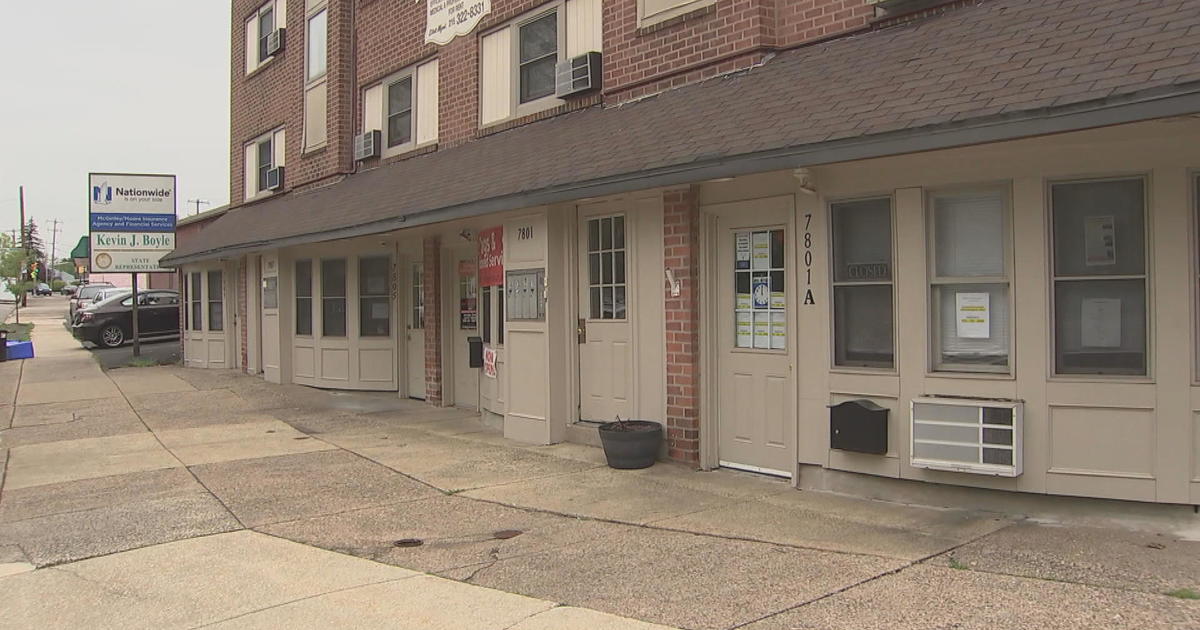Breaking Down Business Utility Bills 101: What Are You Paying For?
It's nearly impossible to lower your utility bills if you don't understand what you're being charged for and how it's calculated.
When you have total insight into your utility bills, you are able to make smart decisions that reduce your energy costs. Utility bill transparency helps you know when it's time to update equipment for energy efficiency and how to pare down energy usage during periods of peak demand.
The following is a breakdown of charges for a typical commercial energy bill.
Commercial energy customers have the option of selecting an alternative energy supplier for the gas or electric commodity, with the main energy utility service delivering the commodity. This results in two separate charges, and sometimes two separate utility bills.
Costs included in the delivery charge:
- Cost to maintain the distribution system (i.e. pipelines, power lines)
- Cost of delivery from city gate to customer meter
Costs included in the supply charge:
- Cost of the actual commodity (i.e. electricity, natural gas)
- Cost of moving the commodity to city gate
The summary portion of your utility bill highlights energy usage and payment details. Following the summary of energy costs are your delivery and supply charges.
Energy supply charges include both generation and transmission charges, while delivery costs are influenced by a number of charges, including but not limited to:
- Customer charge: Expenses not directly associated with the generation or delivery of energy, such as metering
- Efficiency program charge: Cost to develop and deliver energy efficiency programs in support of state-wide initiatives
- Distribution charge: Cost of delivering energy to your place of business
- Demand resource charge: Surcharge helping to reduce energy demand in peak times
You should also see details for both your electricity and natural gas usage. These details include your rate schedule, billing period covered, date of your last meter reading and how much energy you used.
Finally, your utility bills should reflect state/local taxes and surcharges. It's required that these be collected and then distributed to the appropriate State and local government agency.
The right commercial energy provider will offer you every explanation you need to understand your utility bill.
Through total transparency of the charges on your utility bill, you're empowered to make adjustments that help to reduce your energy costs and save your company a significant amount of money.



